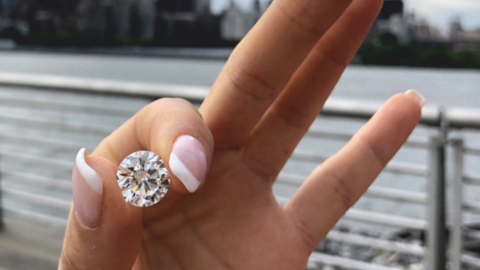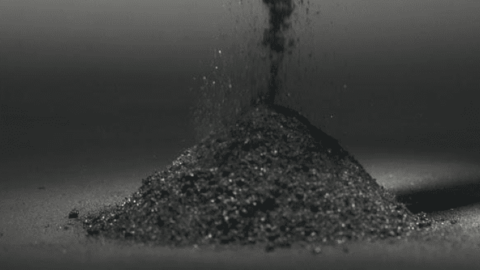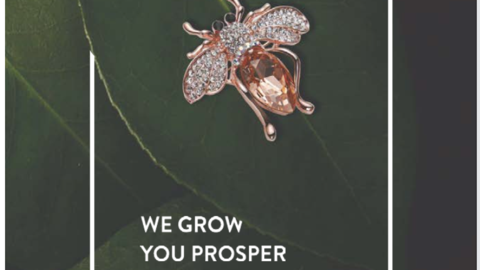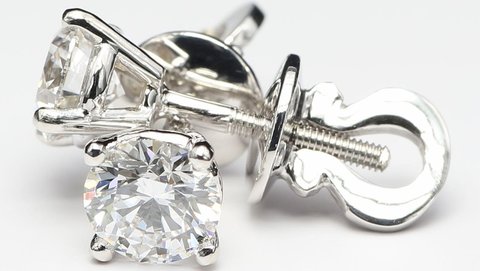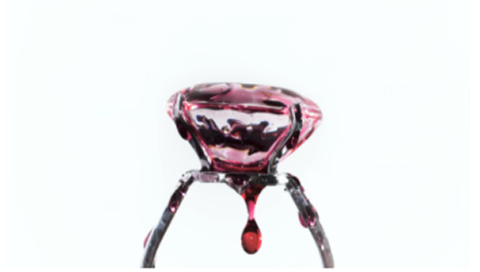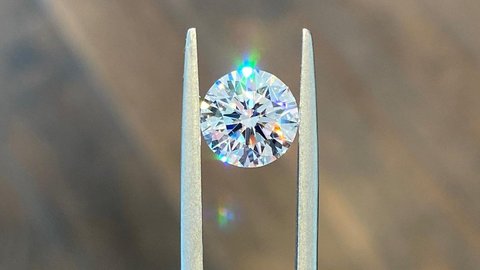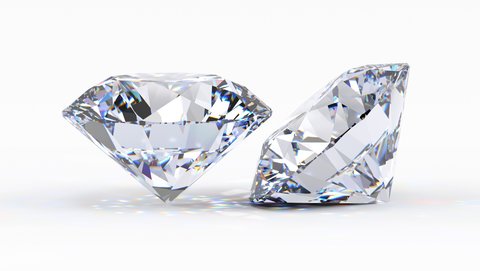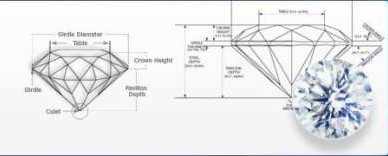Lab-grown Diamonds Are The Product Of Ethical Consumerism
Since the beginning of the 2010s, and especially for the last few years, consumers have been expecting brands to build their business based on ethical consumerism by reducing waste and carbon footprint, as well treating their employees well. Across all industries companies have been trying to create for themselves the reputation of ethical brands. According to the recent Forbes article, ethical consumerism in the jewelry and diamond industry means having some lab-grown diamonds to offer.

“Customers want transparency — they want to know exactly what they’re buying, how it’s made, how it’s shipped and the impact it has on the environment — both local and global” - says the president of New York-based wholesaler of lab-grown diamonds. Man-made stones arguably have a far less impact on the environment than the mined gems. Many growers are trying to get their energy and carbon from sustainable sources - whether it’s extracting solar and wind power, or using greenhouse gasses for the growth process which stops them from being let out into the atmosphere. Thus some may consider lab-created stones an ideal option for customers who are looking for ethical jewelry products. With the expectations that over 2.5 million couples will tie the knot in 2022, many of the newlyweds are predicted to be millennials who are devoted to ethical consumerism and who already chose or will choose lab diamonds for their rings.
These new consumers are eager to get educated on the whole process of creating the jewelry, and this is the type of relationships and marketing that can be built both in stores and online. Lab-grown diamonds fit perfectly for this type of marketing, as due to their reduced pricing point, they’re becoming the online bestsellers across the jewelry categories.
While lab stones are on the rise, multiple reports, such as the latest annual Bain reports, suggest that mined diamonds may be losing their relevance with millennials and Gen Z. To bring these consumers back, a lot of mining companies are getting into ethical consumerism by giving back through different nonprofits and charities to the communities and countries where they mine diamonds. And while they try to bridge the gap in sustainability and ethical sourcing, they also create lab-grown diamond brands, such as Lightbox. This only means that to become an ethical brand, the companies are considering several actions at once, and joining the market of man-made stones is certainly one of them. Perhaps, it may just be the main one.


